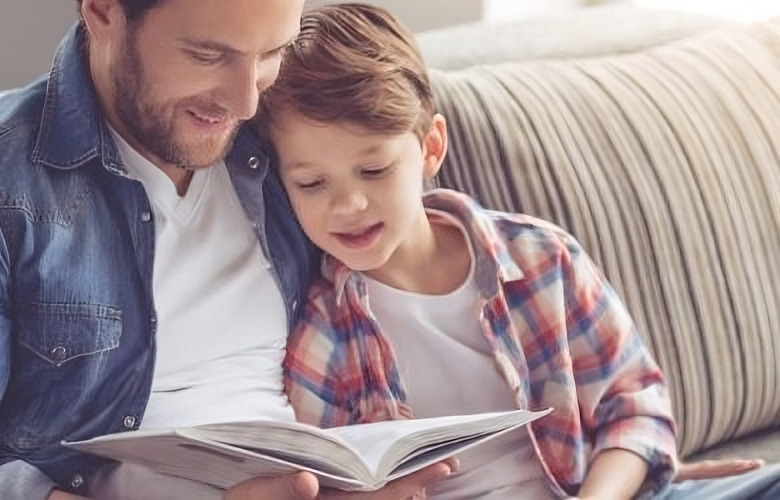Give Your Child Freedom of Expression
5. Building Confidence Through Freedom of Expression
Allowing children the freedom to express their thoughts without fear of judgment builds confidence. When a child feels heard, they are more likely to develop strong communication skills and self-esteem. This confidence becomes crucial as they grow, helping them navigate social situations and handle challenges with resilience.
Encouraging self-expression also helps children develop empathy. When children learn to articulate their thoughts, they become better at understanding the feelings of others. This is a powerful tool for building healthy relationships and learning to navigate the complexities of social interactions.
6. Creating Spaces for Expression
To nurture your child’s creativity and freedom of expression, it’s helpful to designate a space in your home where they can explore their ideas. This doesn’t have to be a fancy setup—just a small area where they have access to tools like paper, crayons, or blocks. By giving them the resources and space to create, you’re giving them the freedom to express themselves in their unique way.

Encourage them to share their creations, but avoid being overly critical. It’s important to praise their effort and creativity, even if the result doesn’t match your expectations. The process of expression is what matters most.
Conclusion
Freedom of expression is a vital component of a child’s development, allowing them to communicate, explore, and understand the world around them. By providing your child with the space and tools to express themselves, you’re giving them the opportunity to grow into confident, empathetic individuals. As parents, it’s our responsibility to guide them, set healthy boundaries, and teach them to use their voice respectfully and responsibly. In doing so, we prepare them for a world where their thoughts and ideas can make a real impact.